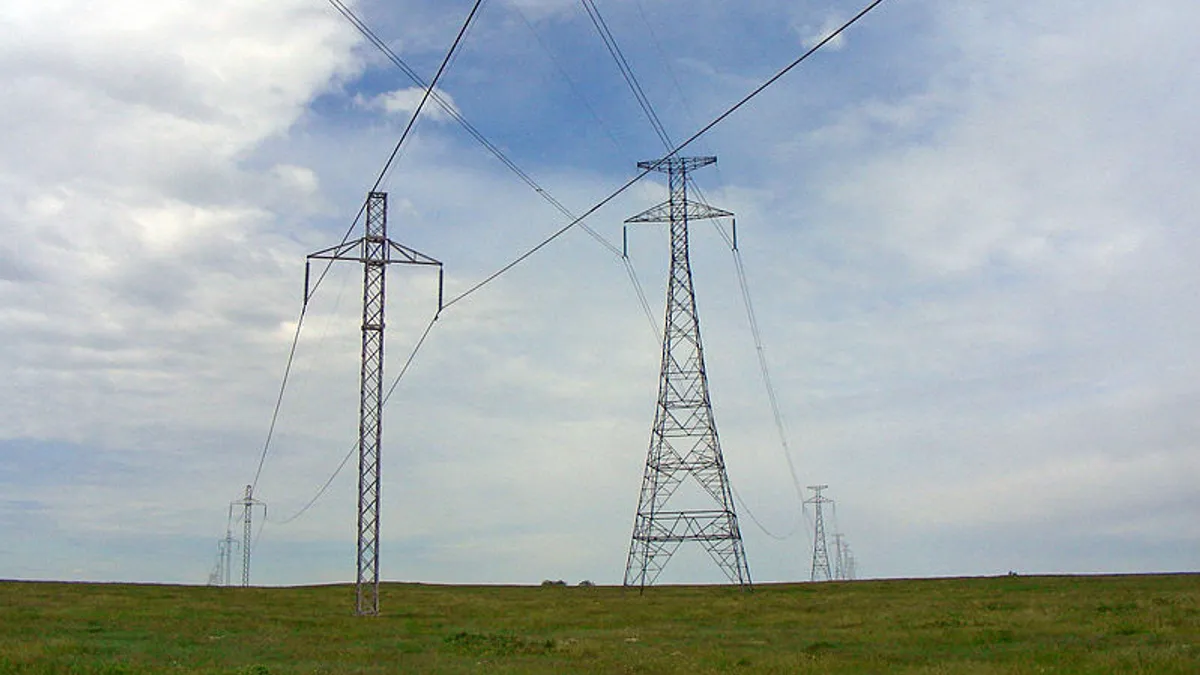Dive Brief:
- October outages in the Midcontinent ISO spiked prices that month, leading the grid's market monitor to ponder if stricter penalties may be in order at a quarterly meeting, according to Platts. Particular October 2016 prices averaged more than $39/MWh, compared with prices of $37/MWh last year.
- Congestion costs in the MISO South region were 40% higher due to planned and forced generator outages. The president of MISO's independent market monitor, Potomac Economics, called the outages "extraordinary."
- The grid operator expects to have adequate capacity next year, but has indicated it could faced shortfalls in 2018. The October grid issues were in part caused by a nuclear plant returning to service earlier than expected without informing MISO operators.
Dive Insight:
Maintaining sufficient generation while avoiding congestion is a tricky endeavor, and Platts reports that in one of MISO's regions, there is concern that power plants may not face sufficient penalties to keep the region's grid operating efficiently.
Over the summer the grid operator and the Organization of MISO States released their third annual resource adequacy survey, finding adequate capacity for 2017 with potential shortages in 2018 and beyond due to plant retirements. The assessment showed the region should be able to meet peak demand next year, with an adequate safety margin. A surplus of 2.7 GW is available, but the grid operator warned that amount could be reduced to 900 MW if recently-announced Southern Illinois generation retirements occur.
For 2018, MISO's presentation shows a potential shortfall of 400 MW, depending on resources available, with a 2.6 GW reserve shortfall possible by 2021.
This spring, MISO officials floated a proposal to establish a three-year forward capacity auction in the ISO's choice zones, but the plan has drawn concern from stakeholders, in part over the implementation timeline and how the prices which would be formulated.
Existing Planning Resource Auctions were not designed for deregulated zones, MISO said in its proposal, and "narrowly focused reforms are required" to complement the current market.















